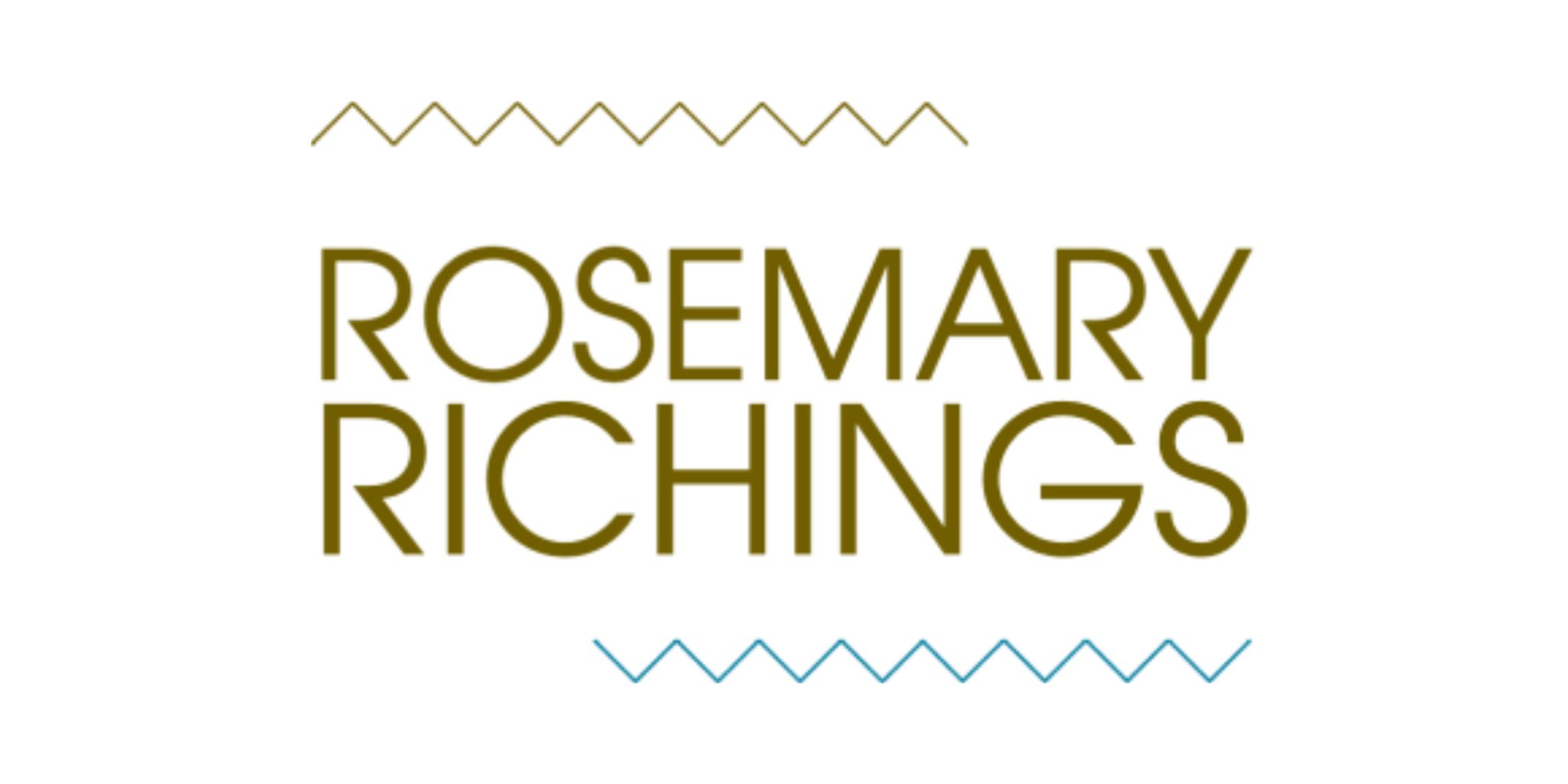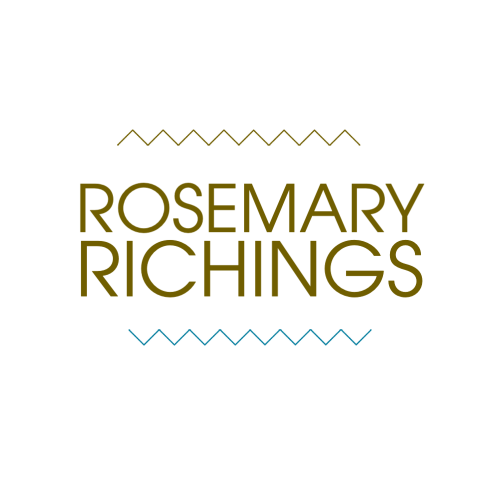As you probably already know, I’m a one-person business.
More specifically, I’m a one-person business who has all the following to consider:
- My content: not just this blog but also a podcast
- My client work, and all the responsibilities that come with that. So…basically everything from onboarding clients, but also phone calls and emails with current clients, invoice payments, etc.
- The marketing, interviews for blogs and podcasts, and follow up with past clients required to keep the momentum going.
That’s exactly why the number one question I get all the time is “how the heck do you manage it all?”
Today I’m going to let you peek behind the curtain, to find out exactly how I do that.

1) I follow a routine
Despite the fact that I work for myself, I follow a pretty consistent routine (except for when I’m travelling).
So…for me it goes like this:
- Morning: make coffee and breakfast, get set up for any scheduled calls with podcast guests or clients. Then, I’ll answer emails and pre-schedule my social media marketing for the week.
However, social media marketing is a “4 times a week” thing to keep up with the promo days in the Facebook Groups I’m the most active in (Mondays, Tuesdays, Thursdays, and Fridays).
- Early afternoon: “Fika” time. A regular part of my routine that I now swear by, ever since I started to have some exposure to Swedish culture. Fika is a Swedish word for a coffee break. Sometimes this involves taking my partner to the coffee shop down the street (we’re both freelancers). And sometimes this involves making a light snack (and even more coffee) from home and just zoning out for 30 to 60 minutes and not doing any work.
- Post Fika afternoon: client work…unless it is a slow period, then I’ll go ahead and pitch other businesses and websites with ideas for projects I’ve had lately, and reach out to my former clients.
- Late afternoon to the early evening (between 5 and 6 PM): take a brief break to make some tea, then continue on with what I’m working on.
- Early evening: stop working for the day, and pre-schedule responses to emails that are urgent and need to be addressed within the next 24 hours for the following morning.
Basically, this is a rough breakdown of the typical workday.
Sometimes there are some changes if I’m recording a new episode, a client or podcast guest can’t talk until the afternoon, or I’m doing a Zoom chat with someone in a different time zone.
For instance, when I recorded an episode with a podcast guest based in Japan…
I had to make her call the final thing I do that day so that we could talk when her daughter is off to school, and she is doing her first client calls of the day.
I’m based in the Eastern Time Zone and she is based in the Japan Standard Time Zone.
So… just to give you a sense of the giant time differences, as I’m writing this it is 3 PM on a Sunday in my time zone, and 4 AM on a Monday in Japan.
2) Some days are “just” for specific tasks
One of the most helpful things I’ve done to make running a one-person business a lot more manageable is the following…
Combining days where I make each aspect of my business a small chunk of my workday, with focused days that are dedicated to just one task.
For instance…
- Fridays are often the content creation days. Because this accommodates the fact that clients often want to get off work early to focus on their weekend.
- Mondays are when I’m the most likely to focus just on calls/ meetings, and tasks that will improve my business long-term.
3) I ask for help when I need it
One of the most important lessons I’ve learned about being a one-person business is just how okay it is to ask for help.
And I know that sounds super obvious but…
The whole ” I run my own business” thing creates a lot of pressure to seem like you know what you’re doing a 100% of the time.
And honestly, you don’t and likely never will know what you’re doing 100% of the time.
Like…I still don’t think like an MBA, and I doubt that will ever change.
- But I’m good at what I do
- Find that helping people in my target audience while expecting nothing in return, leads to great results over the long-term
- And find that doing good work, makes the word spread to like-minded people.
That’s an important lesson that I only learned recently.
Not long before I started developing season one of my podcast, I worked with a business coach.
Because I was tired of constantly maintaining a hustle mindset, and wanted to put myself out there in a less fake, authentically “me” way.
It felt totally necessary because that passion and drive that I had in the beginning, was just gone.
Sure, you can work a “regular” job and hate every second of it.
But when you work for yourself, giving slightly less of a shit is really bad for keeping the momentum going.
And ever since, I do my best to publically talk about not only my accomplishments but my struggles…
In fact…
On a whim I posted in a Facebook Group I’m the most active in.
But what was the purpose?
I want to celebrate a win related to one of my struggles, with a community that gives me comfort:

But I don’t just do this to celebrate my wins, I also (very publically) ask for help:

Facebook, LinkedIn, and Reddit groups can be an amazing resource when you’re not sure what to do.
Because if you ask a question in a group filled with like-minded people leading similar lifestyles, somebody will jump in and be willing to help.
But how do I know this?
I’ve used Facebook Group to get instant help with:
- MailChimp glitches
- Difficult clients
- Sketchy companies that have asked me to work for them
- Monetizing my podcast
Plus a long list of other things…
And this got helpful results that solved the problem quickly and comfortably.
Not sure how to get something equally as valuable out of Facebook Groups?
Check out my podcast episode on forming meaningful relationships online.
4) I’m a massive Trello Nerd
One of the most important tools I use in my business is my Trello boards.
In fact, it keeps me focused and on track with every aspect of my business and life:

A preview of my Trello boards. FYI: reliance comfort, White Terry, and Sopel Studio are all clients who have communicated with me mostly through Trello.
I also combine my Trello boards with a wide variety of other tools as well.
You can learn more about all the tools I use and what I use them for right here.
5) I take self-care super seriously
I was raised in this hustle and bustle urban culture where living to work, rather than working to live is the norm.
But travelling a bit, and meeting a lot of people from diverse backgrounds got that mentality out of my system.
And I know taking self-care seriously brings to mind this image of bath bombs and yoga mats.
However, that’s not me at all.
I prefer to prioritize self-care in a genuine, taking care of myself way.
This essentially involves:
- Going out for a jog and a walk multiple times a week
- Never working on evenings or weekends to prioritize rest and recharging my energy
- Listening to my body when I’m clearly exhausted and need a morning, day, or week off (as a self-employed person, I value not having to ask for permission)
- Never forgetting to do important stuff like drinking water or eating the proper number of meals per day
- Never working without a half hour long Fika
I know all of the above sounds like common sense.
I find that if I take all of the above seriously, I produce my best work, and am able to get a lot done.
And when you’re a one-person business, anything you can do to increase productivity is important.
Speaking of self-care…
Now that I have not one but two forms of free content (the blog and podcast)…
I’m going to switch the blog from a once a week to an every other week format.
So you’ll likely see a brand new post two weeks from now.
However, if you want more consistent content, you can get podcast news and updates delivered weekly to your inbox!
If you’re a one-person business, or you have a small team, you’ll find its tips and stories super helpful.
And now I’m going to hand the discussion over to you…
What routines and strategies do you use in your one-person business to juggle all the different aspects of your business?
Feel free to comment below if you have any to add.
And to all my American readers…
Enjoy your fourth of July!


